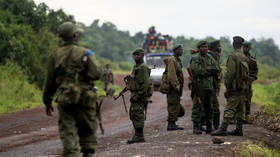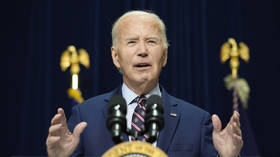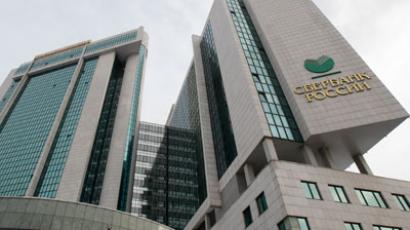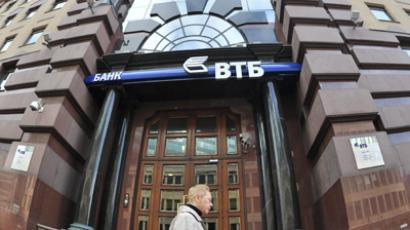Russian State takes bigger part in the economy, despite trumpeted privatization plans
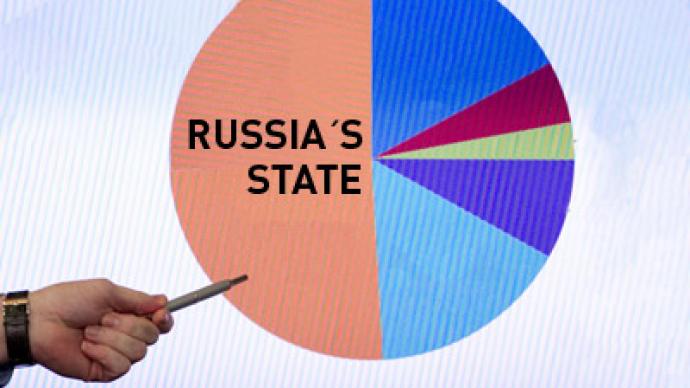
The current crisis has boosted the Russian State’s stake in economy to almost 50%, compared to the world’s average of 30%. This is when the country’s authorities are constantly pushing ahead with privatization plans, hoping to raise $19bn in 2012.
The share of Russian companies under state control has significantly increased, according to research by Julia Tseplyaeva and Yury Yeltsov from BNP Paribas. In the oil sector – a backbone of the economy – Government control has grown from 10% in 1998-1999 to the current 40-45%. In the banking sector, Russia controls about 49%, with the transport sector standing at 73%. The dividing line between the financial resources of the State and of the companies themselves is fading away. The State companies create a “parallel budget” for ambitious projects, which seldom has any relation to a company’s core operations, Vedomosti daily quote Tseplyaeva and Yeltsov.Russia’s oil major Rosneft invests up to $1bn annually into social projects, such as construction of hospitals and flats for doctors, BNP Paribas calculated. The non-profile investment of Russia’s banking giant Sberbank stands at $1bn a year, with the country’s second largest bank VTB spending around $1.3 – $1.4bn to reconstruct the Dinamo sport stadium. Russian Railways, or RZD, spent $2.9bn on the Olympics 2014 in Sochi – that’s out of the total $3.8bn the State had granted.Such a “parallel budget” makes Government finances less transparent and increases the room for manipulation, as it’s not subject to Treasury controls, Julia Tseplyaeva complained.The cooperation between State companies and the Government scales down the stimulus for privatization, as the income the latter produce won’t go above the investment of State giants into Governmental projects, Tseplyaeva says. In the future, the Government’ share in the economy will be rising rather than reducing, despite all the talk of privatization.“Financial markets are too unpredictable to make that part of the elite, that supports the privatization, happy about prices, and the new crisis can provoke another “rescue of everything” at the cost of the State and its increasing stake in the economy.” “The State companies are used as “breakthrough points”, and I’ll be very much surprised if this strategic model changes,” Tseplyaeva concluded.Very high level of uncertainty around Russia has already caused its economy about $80bn in losses during 4 years, Troika Dialog calculated earlier.Igor Shuvalov, the first Deputy Minister, cut back the Government’s ambitious plans to exit form VTB Bank, where it still holds 75.5%, Rosselkhozbank, Sheremetyevo International Airport, Aeroflot, United Grain Company and Rosneft by 2016. In financials, privatization in Russia is largely expected to create about $40bn between 2013 and 2015, but the number is still well below the $60bn deal between Rosneft and TNK-BP, according to Sergey Guriev, a dean at the New Economic School.



